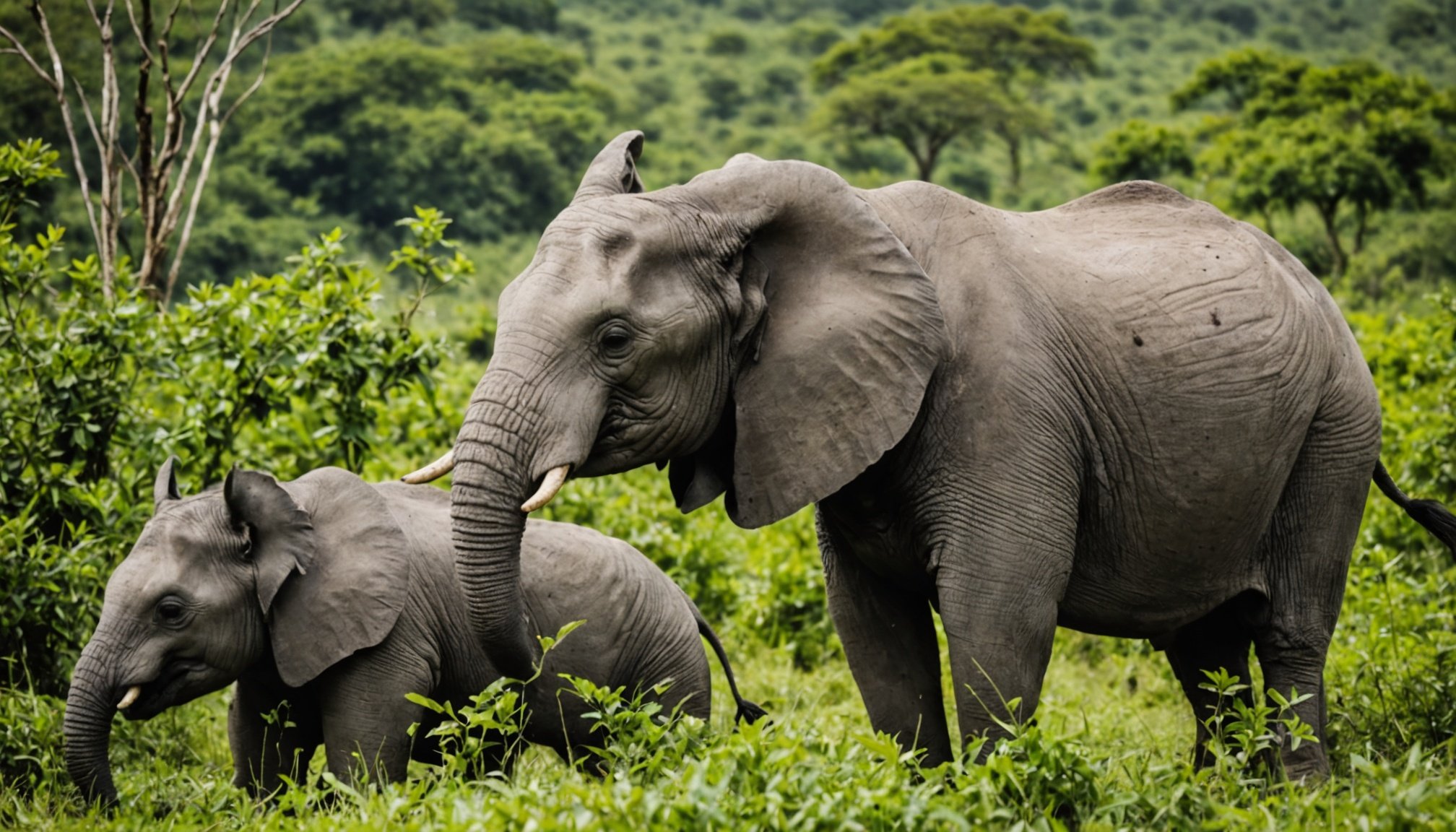Uncovering the Legal Framework: How the UK Tackles Illegal Poaching of Protected Wildlife
The UK, known for its rich biodiversity and strong commitment to conservation, faces significant challenges in combating the illicit trade in wildlife. This article delves into the complex legal framework and the various measures implemented to tackle the pervasive issue of wildlife crime.
Understanding Wildlife Crime in the UK
Wildlife crime, encompassing any illegal act involving birds, animals, or plants and their habitats, is a serious offense in the UK. This includes the illegal disturbance, destruction, and theft of wildlife, as well as the trade in endangered species and their products.
Have you seen this : Essential Plants for UK Gardeners: How to Attract and Support Native Butterfly Species
The Scope of the Problem
A recent report by Anglia Ruskin University, titled “System set to fail—prosecuting wildlife crime,” highlights the alarming shortcomings in the UK’s efforts to prosecute wildlife criminals. Despite public demand for stricter penalties, many perpetrators escape justice due to systemic failures. The report identifies key challenges such as a lack of resources, inadequate training, and inconsistent evidence-gathering procedures.
Legal Framework and Legislation
The UK has a robust legal framework aimed at protecting wildlife, but there are several areas that require improvement.
This might interest you : How UK Zoos Are Safeguarding Animal Health: Strategies to Combat Disease Spread
Key Legislation
- Wildlife and Countryside Act 1981: This act is a cornerstone of wildlife protection in the UK, prohibiting various forms of wildlife crime, including the illegal disturbance and destruction of protected species and their habitats.
- Wildlife Management and Muirburn (Scotland) Act 2024: This act addresses raptor persecution and ensures environmentally sustainable and welfare-conscious management of grouse moors. It introduces new licensing regimes, prohibits the use of glue traps, and regulates wildlife traps through a licensing scheme.
- Hunting with Dogs (Scotland) Act 2023: This act makes it an offense to chase and/or kill a wild mammal using a dog and introduces licensing schemes for certain activities involving dogs.
Recent Reforms and Initiatives
- Ban on Glue Traps: The Glue Traps (Offences) Act 2022 in England and a full ban in Wales have been implemented to prevent the inhumane use of glue traps. These traps are now illegal for public use, and professionals must obtain licenses for their use under exceptional circumstances.
- Proposed Fur Trade Ban: A bill to ban the import and sale of fur products in the UK is currently being considered. This move aims to end the UK’s involvement in the global fur trade, which is deemed cruel and inhumane.
Enforcement and Deterrence Mechanisms
Effective enforcement and deterrence are crucial in combating wildlife crime.
Detection, Detention, and Deterrence
The enforcement framework can be broken down into detection, detention, and deterrence mechanisms:
| Mechanism | Description |
|---|---|
| Detection | Patrolling by authorities and community members, use of GPS and cameras |
| Detention | Detainment by authorities, community members, and traditional governance |
| Deterrence | Education, monetary incentives, coercion, traditions/beliefs, community governance |
Challenges in Enforcement
Despite these mechanisms, enforcement agencies face significant challenges:
- Lack of Resources: Insufficient funding and resources hinder the capacity to collect evidence and prepare cases for prosecution.
- Inadequate Training: Legal professionals and law enforcement officers often lack the necessary training to handle wildlife crime cases effectively.
- Non-Notifiable Status: Wildlife crimes are often not reported to the Home Office, making it difficult to assess the true scale of the problem.
International Cooperation and Global Impact
Wildlife crime is not isolated to national borders; it is a global issue requiring international cooperation.
International Trade and Criminal Networks
The illegal wildlife trade is a significant component of international organized crime. Products such as pangolin scales, rhino horn, and timber are highly sought after, fueling a lucrative black market. Criminal networks exploit weaknesses in legal systems and enforcement mechanisms to facilitate this trade.
Global Efforts
- CITES (Convention on International Trade in Endangered Species of Wild Fauna and Flora): An international agreement aimed at regulating the trade in endangered species to ensure their survival.
- Interpol and International Law Enforcement: Collaborative efforts between international law enforcement agencies to combat wildlife trafficking and dismantle criminal networks.
Public Support and Behaviour Change
Public support and awareness are vital in the fight against wildlife crime.
Public Demand for Harsher Penalties
A YouGov poll revealed that 97% of respondents believe those who torture wild animals should face punishment, and 92% support the establishment of a formal reporting system for wildlife crimes. This overwhelming public support underscores the need for stricter penalties and better enforcement mechanisms.
Education and Awareness
Educating the public about the impact of wildlife crime is crucial for behaviour change. Campaigns by organizations like the Humane Society International/UK and the International Fund for Animal Welfare (IFAW) aim to raise awareness about the cruelty and environmental impact of the wildlife trade.
Practical Insights and Actionable Advice
For individuals and communities, there are several ways to contribute to the fight against wildlife crime:
Reporting Incidents
- If you witness or suspect wildlife crime, report it to the relevant authorities. In the UK, this can be done through the National Wildlife Crime Unit (NWCU) or local police.
Supporting Conservation Efforts
- Donate to or volunteer with reputable conservation organizations that work to protect endangered species and combat wildlife crime.
Making Informed Choices
- Avoid products that may be derived from endangered species, such as certain types of timber, fur, or exotic pets.
Combating wildlife crime in the UK is a complex task that requires a multifaceted approach. From strengthening the legal framework and enhancing enforcement mechanisms to raising public awareness and international cooperation, every effort counts. As Professor Angus Nurse from Anglia Ruskin University aptly put it, “The current system fails to provide the necessary support to protect wildlife and bring wildlife criminals to justice. The need for reform has never been more urgent”.
By understanding the scope of the problem, supporting legislative reforms, and engaging in practical actions, we can work towards a future where protected wildlife is truly safe from the threats of illegal poaching and trade.
Table: Comparative Overview of Recent Legislation
| Legislation | Key Provisions | Implementation Date |
|---|---|---|
| Wildlife Management and Muirburn (Scotland) Act 2024 | Licensing regimes for grouse moor management, ban on glue traps, regulation of wildlife traps | 30 April 2024 |
| Hunting with Dogs (Scotland) Act 2023 | Limits on dog use for hunting, licensing scheme for certain activities | January 2023 |
| Glue Traps (Offences) Act 2022 | Ban on public use of glue traps, licensing for professionals under exceptional circumstances | 2022 |
| Proposed Fur Trade Ban | Ban on import and sale of fur products from various species | Pending |
Detailed Bullet Point List: Challenges in Enforcement
-
Lack of Resources:
-
Insufficient funding for enforcement agencies.
-
Limited capacity to collect and analyze evidence.
-
Inadequate infrastructure for storing and handling evidence.
-
Inadequate Training:
-
Lack of specialized training for law enforcement officers.
-
Limited knowledge among legal professionals about wildlife crime laws.
-
Need for continuous education and updates on new laws and procedures.
-
Inconsistent Evidence-Gathering Procedures:
-
Variability in how evidence is collected and documented.
-
Lack of standardized protocols for handling and preserving evidence.
-
Risk of contamination or loss of evidence during the process.
-
Non-Notifiable Status:
-
Wildlife crimes not reported to the Home Office.
-
Difficulty in assessing the true scale of the problem.
-
Crimes often obscured within broader categories like violence and anti-social behavior.
By addressing these challenges and strengthening the legal and enforcement frameworks, the UK can make significant strides in protecting its wildlife and combating the illicit trade that threatens it.










